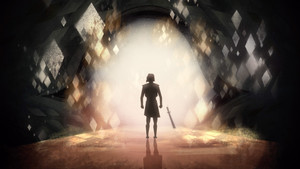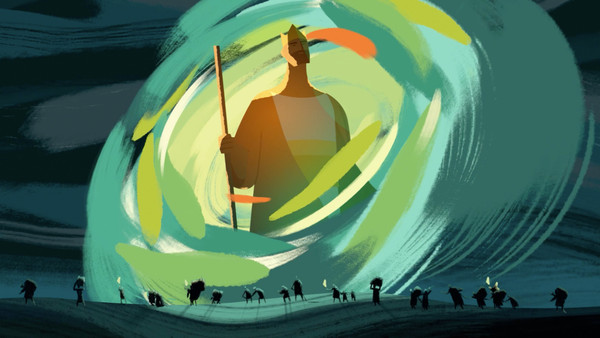

Blessing and Curse
“Blessing” is a religious-sounding word that we use a lot. We say, “Bless you!” after a sneeze, or that we’re “so blessed” when life is good. But what does blessing mean in the Bible? In this video, we trace the theme of blessing and curse in the Bible to see how Jesus defeats the curse and restores the blessing of life to creation.
Reflect
How did the video expand your view of what it means for God to bless humanity and creation? How is this similar or different from your previous understanding of God’s blessing?
God’s curses give people over to the consequence of their own choices. How is this similar or different from your previous understanding of God’s curses?
Check out Genesis 3:15 and 12:1-3. How does God promise to reverse the curse in the garden and restore his blessings to the world?
Read Galatians 3:13-14 and Luke 24. What has Jesus done to reverse the curse and restore God’s blessings? How does Jesus’ work inform our lives today?
Take time to discuss other themes, questions, or key takeaways from what you learned together.
View Article
Downloads
Biblical Themes

The Wilderness

Redemption
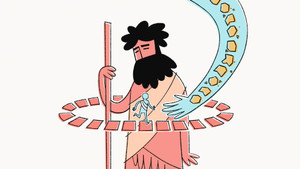
The Exodus Way

The Mountain
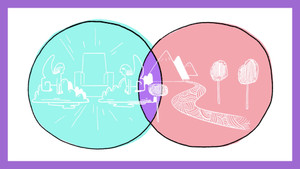
Heaven & Earth
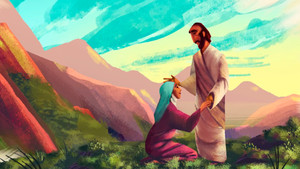
The Messiah
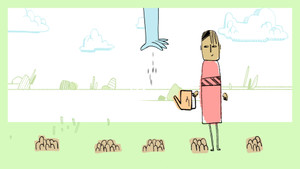
The Covenants
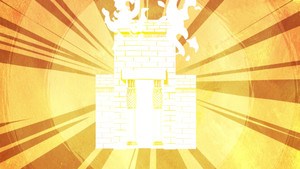
Holiness
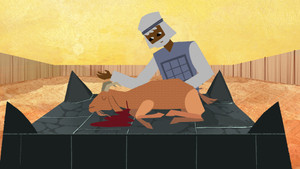
Sacrifice and Atonement
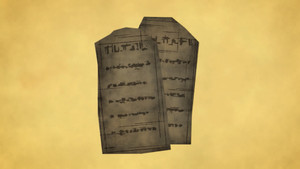
The Law

Gospel of the Kingdom
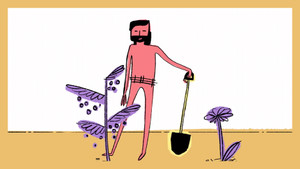
Image of God
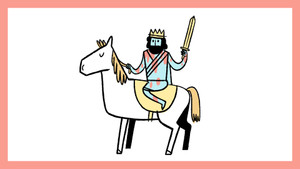
Day of the Lord
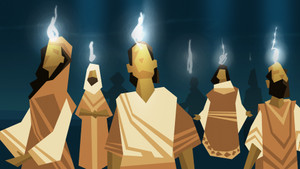
Holy Spirit
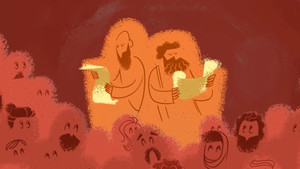
Public Reading of Scripture
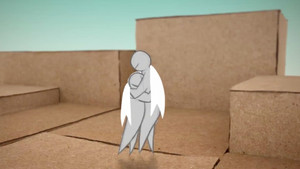
Justice
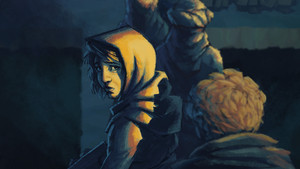
Exile
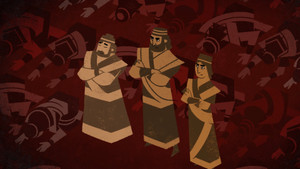
The Way of the Exile
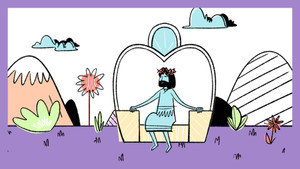
Son of Man

Temple

Generosity
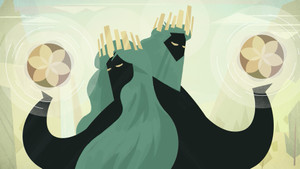
Sabbath
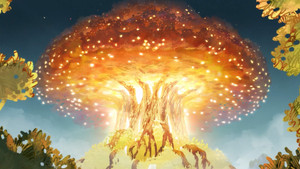
Tree of Life
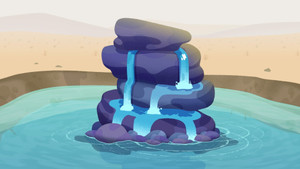
Water of Life
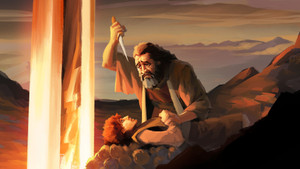
The Test
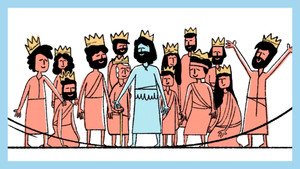
Eternal Life

Blessing and Curse

The Last Will Be First
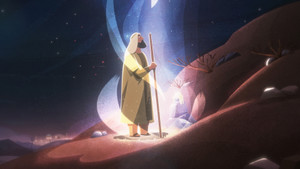
Anointing
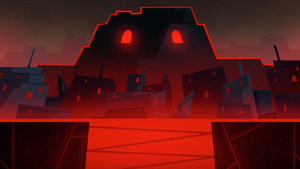
The City
